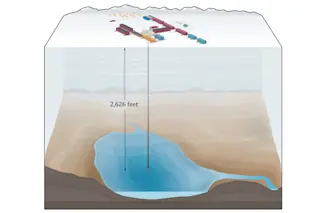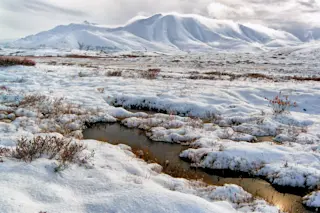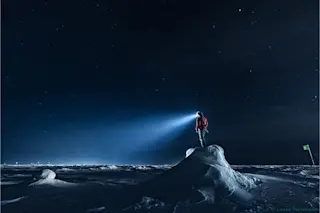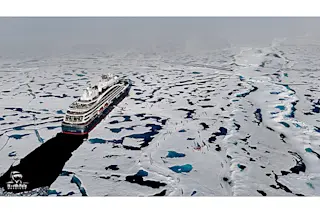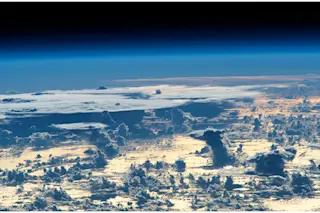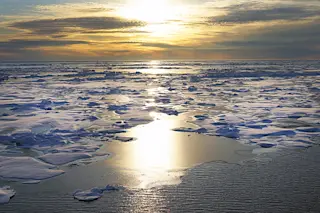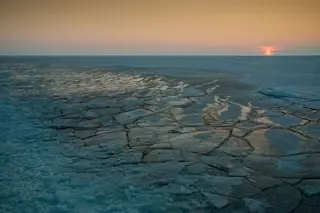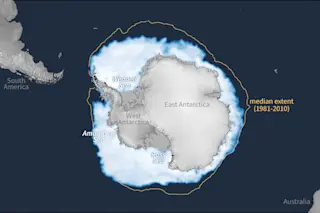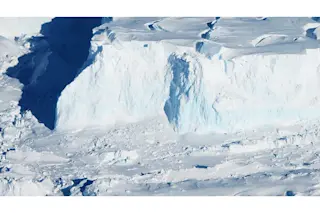In January, climatologist Vladimir Lipenkov laid a disk of ice onto a light box in an Antarctic lab. The ice sparkled in a kaleidoscope of reds, blues and yellows as light scattered through trapped gas bubbles.
His Russian scientific team had finally accomplished its elusive goal: retrieving the purest sample yet from Lake Vostok, an Antarctic body of water that has likely been locked beneath thousands of feet of ice for up to 15 million years. They are now testing that frozen water — which comes from a place Lipenkov says is unlike “any other environment on our planet” — for signs of life.
For years, teams of scientists in the Antarctic have plotted to drill into the continent’s vast subglacial lakes, hoping to find life that has been isolated for eons. They have faced many challenges, including weather delays and equipment breakdowns.
A drill finally penetrated through the ice ...


